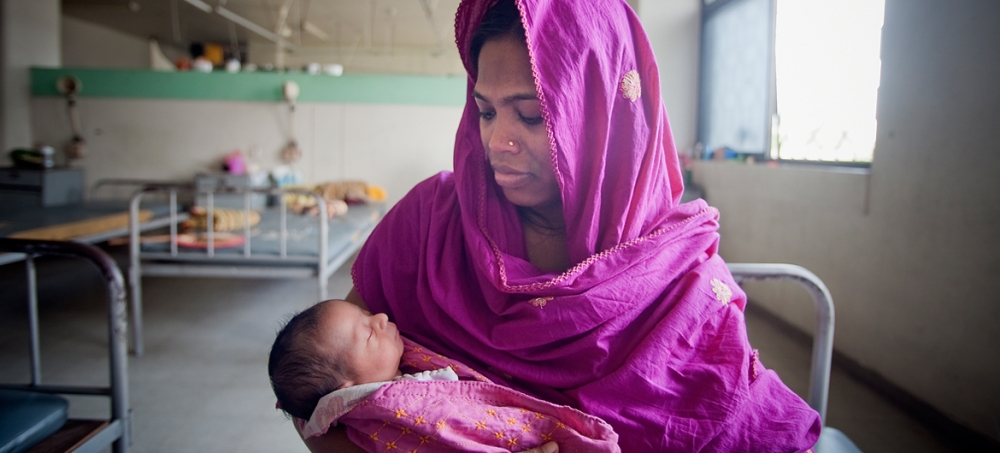WHO has announced new guidelines on care standards during childbirth

The World Health Organisation (WHO) has released new guidelines on global care standards for childbirth aiming to reducing the use of needles and harmful routines.
An estimated 140 million births take place every year worldwide and the large majority of these occur without complications for women and babies.
Over the past 20 years health workers have increased the use of interventions that have previously only been used to avoid risks or treat complications such as oxytocin infusion to speed up labour or caesarean sections.
Studies by WHO show a substantial number of healthy pregnancies undergo at least one clinical intervention during labour and birth.
Princess Nothemba Simelela, the Assistant Director-General at the UN World Health Organization (WHO) for Family, Women, Children and Adolescents said:
“We want women to give birth in a safe environment with skilled birth attendants in well-equipped facilities. However, the increasing medicalization of normal childbirth processes are undermining a woman’s own capability to give birth and negatively impacting her birth experience”
The new guidelines are based on 56 evidence based recommendations. They include: having a companion of choice during labour and childbirth; ensuring respectful care and good communication between women and health providers; maintaining privacy and confidentiality; and allowing women to make decisions about their pain management, labour and birth positions and natural urge to push, among others.
The new guidelines also recognise that every labour and childbirth is unique and have altered the recommendations for cervical dilation. Previous guidelines benchmark cervical dilation rate at 1 cm/hr during the active first stage of labour but WHO notes this may be unrealistic for some women and it is inaccurate in identifying women at risk of birth complications.
A slower cervical dilation rate alone should no longer be used as a routine indication for intervention to accelerate labour, the guidelines state.
WHO also noted that women need to be provided with a better quality of care with skilled health professionals and timely referrals.
Estimates suggest that 830 women die from complications in pregnancy or child birth every day, the majority of which occurring in developing countries where the deaths could have been prevented with higher quality care.
In addition, WHO report that disrespectful and non-dignified care is prevalent in many health facilities violating human rights and preventing women from accessing healthcare services during child birth. In many areas of the world, healthcare providers control the birthing process and expose women to unnecessary and risky interventions.
WHO added:
“Achieving the best possible physical, emotional, and psychological outcomes for the woman and her baby requires a model of care in which health systems empower all women to access care that focuses on the mother and child”.
Health and WASH is a key topic at this years 3rd Annual Aid & Development Africa Summit taking place on 27-28 February in Nairobi.
If you’d like to stay informed on the latest updates in aid and development, please sign up to the AIDF newsletter.
Image Credit: UN















